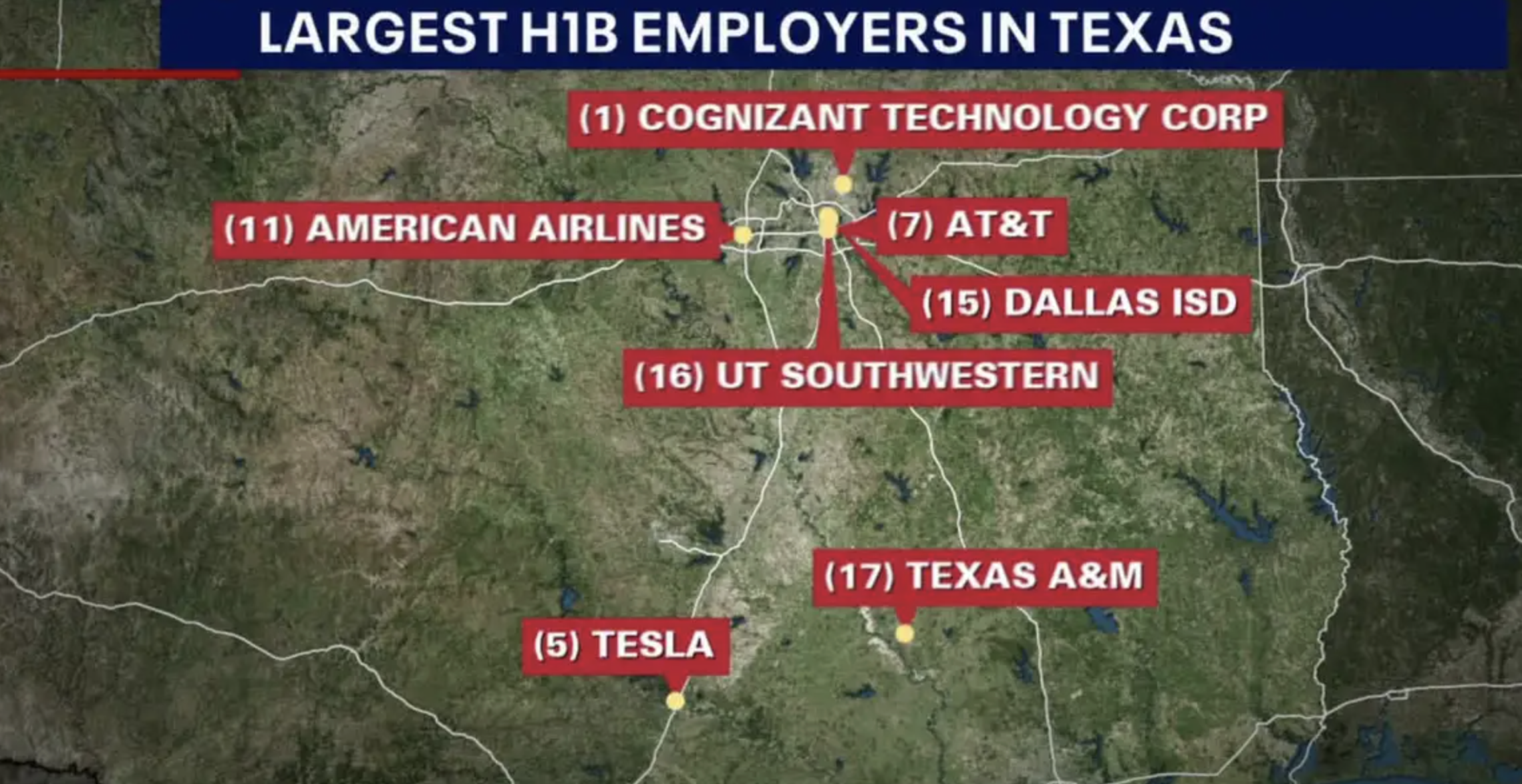Recent advancements in artificial intelligence have sparked concerns about potential job losses in the future. A study by the McKinsey Global Institute has brought attention to this issue, revealing that women may face a disproportionate impact compared to men.

Gender Inequality in the Age of AI: How Women Face Disproportionate Job Losses
The rise of artificial intelligence and automation is expected to result in a higher number of job losses for women than men by the end of the decade. The study underscores the importance of carefully considering the gender equality implications of AI in the workforce.
The study indicates that approximately 80% of women in the workforce may experience significant job changes due to the adoption of AI and automation. Industries like food services, customer service, sales, and office support are projected to see the most substantial reductions in positions as automation advances. Given that women are overrepresented in these sectors and often hold more low-paying jobs than men, they are at a greater risk of being impacted by these workforce changes.
According to the report, job roles heavily represented by women, such as office support and customer service, could decrease by around 3.7 million and 2.0 million positions, respectively, by 2030. Moreover, low-wage jobs predominantly held by women, like retail salespeople and cashiers, will also experience the effects of automation.
Adapting to Automation: Empowering Women in the Workforce Amid AI Advancements
As a result, women must adapt and expand their skill sets to maintain competitiveness in the job market and transition to other roles. The report recommends that companies proactively recruit, hire, and train individuals who demonstrate potential in collaborating with automated systems. This approach can help bridge the gap and ensure a smoother integration of automation while supporting workforce development.
The McKinsey Global Institute’s study highlights the need for at least 12 million workers in the US to transition to different occupations by the end of 2030. In a CNN interview, Julia Pollak, a chief economist with ZipRecruiter, expressed astonishment at the findings, describing them as “absolutely staggering.” She also acknowledged that certain jobs, particularly manual services and production jobs that are more male-dominated, might be less susceptible to automation compared to office jobs.
In March 2023, Goldman Sachs released a report projecting that up to 300 million jobs could be impacted by generative AI. This technology, exemplified by systems like ChatGPT, has the potential to produce content resembling human output, potentially leading to a significant increase in productivity over the next decade.











